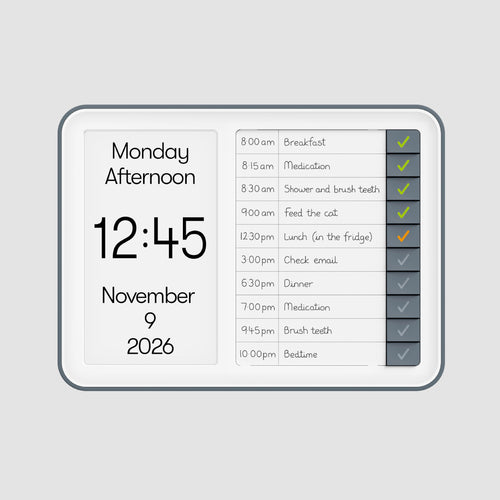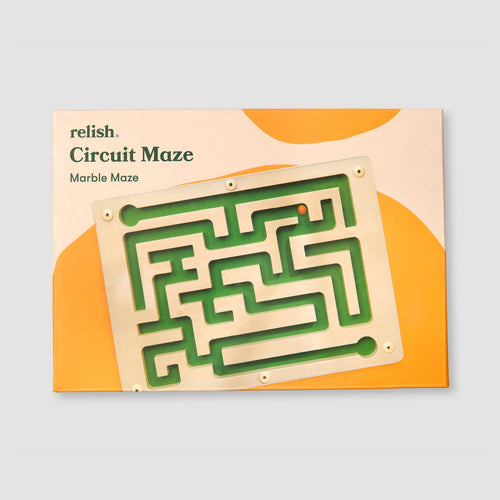Each individual enters late-stage dementia differently. But, as dementia progresses, everyone can expect similar symptoms.
People with dementia and Alzheimer's have seen their ability to remember, communicate, and reason decline with time. Now, they might even find themselves relying on the care of others to function.
Here we'll look at ways to care and support people in the later stages of dementia and Alzheimer's. Also, you can learn about care options and what else to expect.
What to expect in the later stages
The final stage is the shortest one. Typically, it lasts one to two years.
By this time, life has become very challenging. Care is required 24 hours a day. Also, the symptoms of Alzheimer's are more intense as the disease progresses.
The goal of a caregiver is to support those affected with the highest quality of life possible. So, comfort measures are essential.
End-stage dementia signs
What are the symptoms of the final stages of Alzheimer's? The end-stage dementia signs all reflect more advanced dementia than seen before.
One of the most challenging parts of this stage is one loses the ability to communicate verbally. In addition, memory lapses and memory loss are also more apparent.
Not only are they entirely dependant on others for care, but they may also:
- stay in bed most of the day
- experience weight loss
- have difficulty swallowing
- groan, moan, and grunt
- sleep more
- lose bowel and bladder control
- not be able to walk
- lose the ability to eat
- become more aggressive
- exhibit restlessness
- be more prone to falls
- start hallucinating
- become depressed
- respond to their senses and not words
All of the symptoms of late-stage dementia are severe. People with dementia become out of touch with their environment, can no longer communicate needs, and lose control of their movement and behaviours.
Care options for a person with end-stage dementia or Alzheimer's
It may be upsetting, but late-stage dementia requires end-of-life care. Support and care options exist for people in the later stages of Alzheimer's. But, family members should consider the various types of personal care before one's dementia progresses too far. That way, they can participate in their end-of-life care planning.
Those living with Alzheimer's disease require support. They can get this from either inside or outside of the home.
At-home care
At-home care is an option. However, managing dementia symptoms of late-stage dementia is challenging. You may need additional assistance. Even then, it may not be enough.
If you choose to care for a loved one at home, know it's all about giving them the best quality of life while maintaining their dignity.
Also, it may not seem like it, but you can still connect with them even though they can no longer verbally communicate. Those with end-stage dementia rely on and seek comfort in what they touch, hear, taste, and see.
You may also need additional equipment at home to help support their needs. Some devices required might include:
- hospital bed
- power lift recliner
- elevated toilet seat
- shower chair
- wheelchair
- bedside commode
- bedpan
Your healthcare team should help ensure you have everything you need to care for someone at home.
Palliative care
Palliative care focuses on quality of life for those with end-stage dementia. Its goal is to:
- limit the burden of symptoms
- prevent under-treatment of symptoms
- prevent the over treatment of symptoms
There is no unnecessary or burdensome treatment in palliative care. Instead, a trained team of healthcare professionals, including doctors, nurses, and social workers, perform the care.
Palliative care is more about helping the family care for the person. Services take place in both facilities and the home.
Hospice care
Hospice care facilities and professionals hold expertise in dementia. Also, they offer great family support to understand what to expect in the final stages of Alzheimer's.
The goal of hospice is comfort and dignity so, the doctors and nurses will manage their pain and other symptoms. One enters hospice usually in the last six months of life.
Long-term residential care
Long-term residential care is also a nursing home or skilled nursing facility. Here, people with Alzheimer's experience care day and night for the long term.
Facilities provide three meals daily with time for spiritual services and recreation.
Memory care units
Memory care units are also called Alzheimer's special care units. The facilities specialise in the specific needs of a person with end-stage dementia.
You see units like this around various types of long-term care facilities. For example, you can find them in assisted living facilities or nursing homes.
The units group people with dementia with others also living with dementia. They may also lock or secure the units to keep them safe.
Supporting someone with late-stage dementia
Some ways to show them you care and provide comfort are:
- Reading aloud to them
- Cooking their favourite foods
- Brushing their hair
- Playing their favourite music
- Looking at old photos together
- Rubbing lotion on their skin with a favoured scent
- Taking time to sit outside together on a nice day
- Provide a fidget toy to relax their mind
When considering late-stage dementia care, it's best to visit several communities to get a feel for them. You can also research them regarding what others say about their care.
Costs should also be a consideration. If you are paying out of pocket for care, knowing payment options and what's affordable is vital.
At Relish, we understand the importance of giving your loved one an excellent quality of life, even in the end stages of dementia. That’s why we’ve developed the "Find Your Dementia Stage" tool — a quick and helpful resource to better understand where your loved one may be in their dementia journey. We've got some fantastic dementia-friendly products designed to support their comfort and help families. Visit our website for more information on dementia products, support, and related resources for those living with dementia.






















